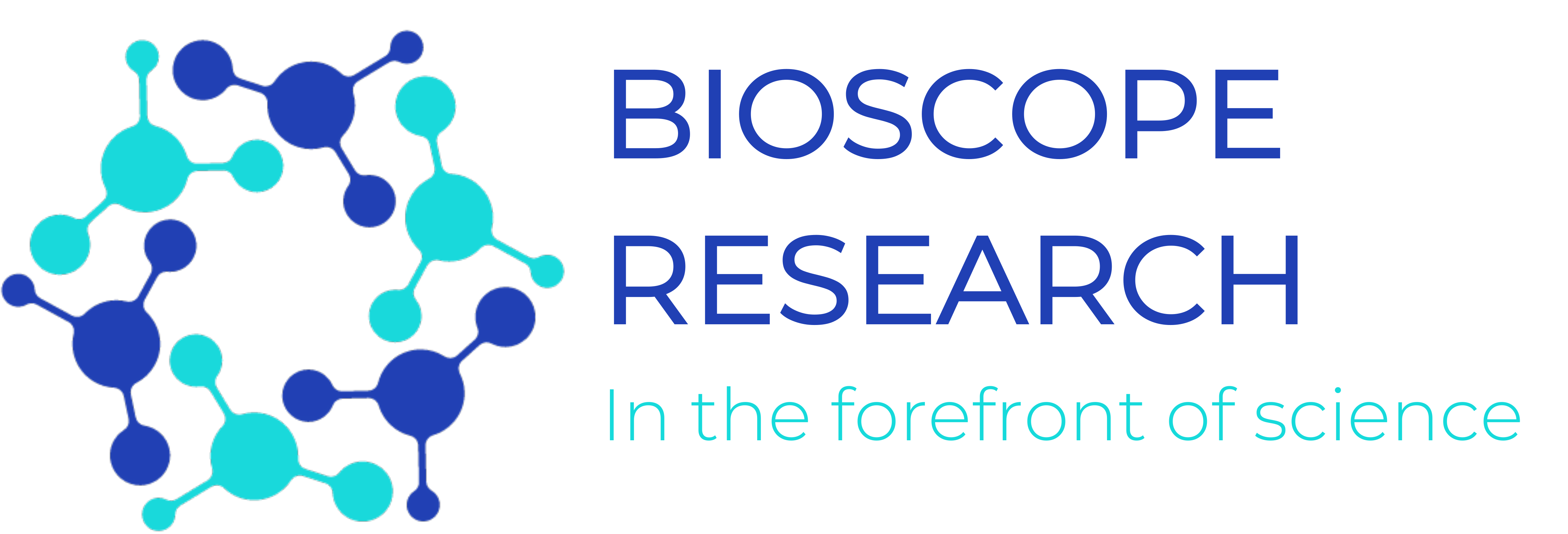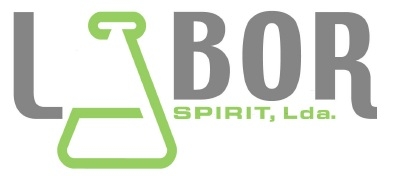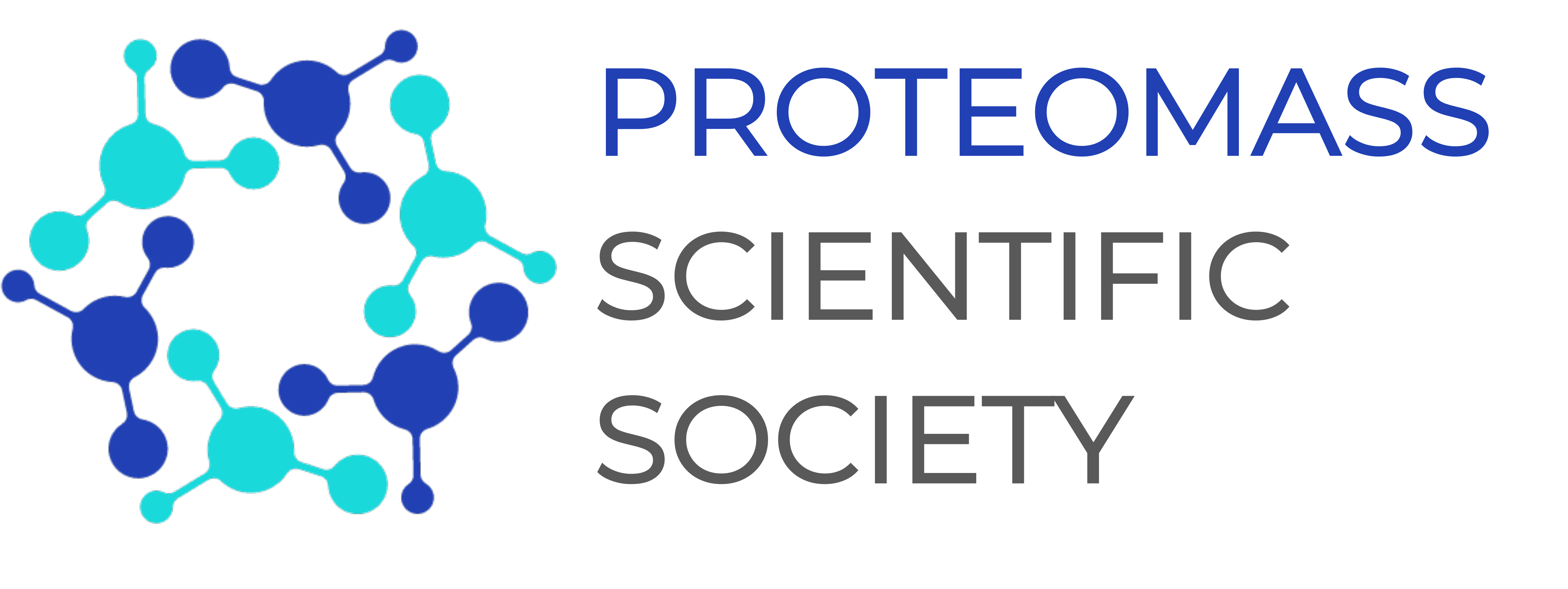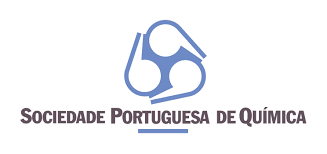
Oral Speakers
Gustavo Breglia, PhD
Universidad Nacional del Comahue (Argentina)
Time of Immersion of Bodies found in water in Northern Patagonia Argentina
Svetlana Kotova, PhD
Scientific and Practical Center of the State Forensic Examination Committee of the Republic of Belarus (Belarus)
NGS allele frequency database of 27 autosomal STRs for the resident population of the Republic of Belarus
Veronika Rybarova, PhD
Department of Forensic Medicine and Medicolegal Expertise, Jessenius Faculty of Medicine, Comenius University, Martin (Slovakia)
Forensic investigation of scuba diving fatalities
Tomas Rozsypal, PhD
University of Defence (Czech Republic)
A-234 nerve agent: Long-term study of persistence and fate on indoor materials
Jitendra Kumar, PhD
Department of Forensic Medicine, Jawaharlal Nehru Medical College, Aligarh Muslim University (India)
An autopsy-based study of human cranial vault thickness and its relationship with body weight, stature, age, sex, food habits and ancestry at a tertiary care centre in the capital of India
Mengmeng Zhang, PhD
Process and Energy|ME|TUDelft (Netherlands)
Forensics-on-chip: Microfluidic separation&sensing platform for on-scene analysis of bodyfluids
Francesca Cazzato, PhD
Department of Health Surveillance and Bioethics, Section of Legal Medicine, Fondazione Policlinico A. Gemelli IRCCS, Università Cattolica del Sacro Cuore, 00168 Rome (Italy)
The Challenge of Postmortem Diagnosis in Takotsubo Syndrome
Catherine Maidment, PhD
University of Central Lancashire, Preston (UK)
Maceration and Bone Autofluorescence: Implications for the ALS Analysis of Skeletal Remains
Giulia Pascoletti, PhD
University of Perugia (Italy)
A New Anthropomorphic Articulated Total Body Model for Trauma and Injury Investigations
Jari Tiihonen, PhD
Karolinska Institutet (Sweden)
Recidivistic violent offending after forensic psychiatric hospitalization in Sweden and Finland
Max Houck, PhD
Florida International University (USA)
Is Forensic Chemistry Different?
Svetlana Spotkai, PhD
Independent Researcher (Kyrgzystan)
The dog’s nose as an object of forensic research for identification purposes
Arjo J. Loeve, PhD
Delft University of Technology (Netherlands)
Infant Head Injury by Shaking Trauma – Part I: a biomechanical engineering perspective and field update
Kim Hutchinson, MSc
Delft University of Technology (Netherlands)
Infant Head Injury by Shaking Trauma – Part II: comparing the kinematics of shaking a 1-year-old vs. 6-week-old surrogate
Anupuma Raina, PhD
JPNATC, All INdia Institute of Medical Sciences (India)
Reliability of biological samples in forensic situations in case of chimerism
Aleksandra Borowska-Solonynko, PhD
Chair and Department of Forensic Medicine Medical University of Warsaw (Poland)
The importance of PMCT in the assessment of damage to bone structures that are difficult to access in a traditional autopsy
Suni Edson, PhD
Armed Forces DNA Identification Laboratory (AFDIL) / SNA Intl. (USA)
Efficiencies Gained in the Extraction of DNA from Skeletonized Materials: A Novel Application of GC/MS
Natália Rocha de Azevedo, MSc
Universidade Estadual de Londrina (Brazil)
The illness caused by expert work in cybercrimes against children and adolescents and the intervention possibilities of Behavior Analysis
Alberto Chighine, PhD
Forensic Unit, Department of Medical Sciences and Public Health, University of Cagliari (Italy)
Post-mortem interval estimation on aqueous humour: human translation from animal model
Eva Pospíšilová, MSc
University of Chemistry and Technology (Czech Republic)
Sensor array based on ion-selective electrodes for detection of new psychoactive substances in oral fluid
Bergita Curri, MD
Forensic Medicine Specialist, Institute of Forensic Medicine (Kosovo)
Treatment Of Rape In Kosovo From 2019 -2021: Quality Assurance, Legal And Forensic Aspects
Irena Drofová, Ing.
Tomas Bata University in Zlin (Czech Republic)
Forensic Science: Application of Forensic Art to the Issue of Art Digitization
Nicholas Guido, PhD
MIT Lincoln Laboratory (USA)
A Machine Learning Method for Genome Engineering Design Tool Attribution
Yuko Ishida , PhD
Wakayama Medical University (Japan)
Forensic significance of intracardiac expressions of Nrf2 in acute myocardial ischemia
Stefano Tambuzzi, MD
University of Milan (Italy)
Head Mechanical asphyxia by hanging and gunshot to the head: a particular type of complex suicide
Douglas Tolleson , PhD
Texas A&M AgriLife Research (USA)
Application of near infrared spectroscopy as a field expedient forensic method.
Nicola Galante, PhD
University of Milan (Italy)
Suicide pacts in the Milan district (Italy): A retrospective autopsy-based study with literature review
Nefeli Garoufi , MD
National and Kapodistrian University of Athens (Greece)
Sorting of archaeological skeletal material utilizing their geometric morphometric properties
Wilma Duijst, PhD
Maastricht University (Netherlands)
The Dutch system of post-mortem investigationin in children in the light of international obligations
Adrian-Alin Barglazan
University “Lucian Blaga” Sibiu (Romania)
Review of forgery inpainting detection methods
Amber Collings, PhD
Keele University (UK)
3D imaging and printing within forensic investigations
Cécile Woudenberg-van den Broek, PhD
Maastricht University (Netherlands)
Completing death certificates in hospital setting: what can go wrong, will go wrong
Sarah Gino, PhD
Dep. Health Sciences – University of Eastern Piedmont (Italy)
Violence against women: findings from a dataset collected in healthcare facilities in Piedmont (North-West Italy)
John Baugh, PhD
Rice University (USA)
Linguistics, Life, and Death
Amber Collings, PhD
Keele University (UK)
3D imaging and printing within forensic investigations
Maartje Goudswaard, PhD
GGD Amsterdam (Netherlands)
Forensic medical expertise in injury cases in criminal law
Hannarae Lee, PhD
Bridgewater State University (USA)
Tracing the Shadows: Digital Forensics in Loan Shark Investigations
Ibrahim Alothaim, PhD
Saudi Food and Drug Authority (Saudi Arabia)
A research study to analyze samples seized from the Narcotics Control Department
Adee Schoon, PhD
Canine Unit, Netherlands National Police (Netherlands)
Integrating sexual crime dogs into forensics
Sandra Bahr Ulloa, PhD
Antropología Física (Cuba)
Mathematical Tool to Identify the Lumbar Vertebrae II and IV by Osteometry
Elisabeth Alton, PhD
Humber and North Yorkshire ICB (UK)
Developing a forensic service for adults at risk of harm in England
Tamara Gelderman
Maastricht University (Netherlands)
Comparing two scorings indexes for assessing decomposition of juvenile remains
Rosalynn Quiñones, PhD
Marshall University (USA)
Quantification of Cannabis in Infused Consumer Products and cannabis-labeled vape liquids and Their Possible Effect in Humans
Andreas Bertsatos, PhD
Science and Technology in Archaeological Research Center, The Cyprus Institute (Cyprus)
3D Morphable Bone Models: from cross-sectional geometric properties to 3D surface reconstruction of human long bones
Alessandro Mauro Tavone, PhD
Institute of Legal Medicine, University of Rome “Tor Vergata” (Italy)
Distinguishing Injury Patterns in Fatal Falls from Heights versus Pedestrian Impacts: A Study for Differential Diagnosis in Ambiguous Cases
André de Sobral, MSc
Universidade de Pernambuco – Perícias Forenses (Brazil)
Ethical limits to confirming identity by morphological features













